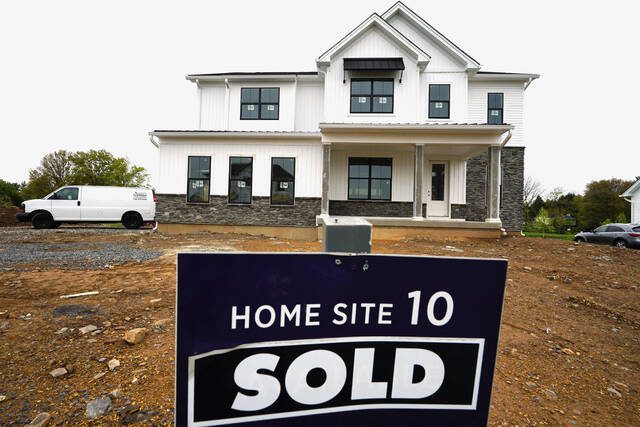Your home is your safe place, but it's also a major expense. After retiring, your home might feel too big for your needs. However, in the current housing market, downsizing to a smaller home with upgraded features may cost almost as much as the one you're selling. Is it still a good idea to downsize?
In some situations, downsizing is suitable, but it may not necessarily save money. You could sell your house and buy something cheaper, but it might also make sense to downsize in order to live closer to family or have a smaller house to maintain.
It's crucial to be clear about your goals. Juan HernandezAriano, a certified financial planner in Houston, emphasizes the importance of having clear goals. "There are multiple options people can consider," he says.
Here are some scenarios that might lead you to put up a "For Sale" sign.
YOU’RE STRUGGLING WITH CASH FLOW
During retirement, you may find that increasing prices and a fixed income make your budget tight.
HernandezAriano mentions that his clients in southeast Texas are troubled by high home insurance costs due to severe weather events and high property taxes. "A lot of insurance companies are ending coverage in the southeast side of Texas," he explains.
If downsizing is a money-related decision, consider all your housing expenses. Compare the mortgage, property taxes, insurance, as well as basic utilities such as electricity and water for your current and future homes.
In one case, a client in Houston did the math and relocated 90 minutes away to a cheaper home, reducing their homeowners insurance by 60%. "Property taxes also decreased as they weren't in a highly competitive school district," HernandezAriano explains. "They did spend more on gas and water and had to cover moving costs, but overall, they saved on a monthly basis."
YOU’RE IN AN EXPENSIVE AREA
If you live in a costly city, you have a better chance of selling your home and finding a more affordable option. "In a lower-cost area, it's harder to find a much cheaper alternative," says David Demming, a CFP in Aurora, Ohio.
However, it's important to research before making any decisions. Many areas have low housing inventory, and there is fierce competition for smaller homes with upgrades.
To save money overall, the value of the home you're buying should be at least 20% lower than the house you're selling, advises Diane Pearson, a CFP in Wexford, Pennsylvania.
YOU CAN’T SAFELY LIVE THERE ANYMORE
Due to your health, you may need to find a new home with fewer stairs, a main bedroom on the first floor, or an accessible bathroom.
Michael Maye, a CFP in Gillette, New Jersey, notes that clients who have witnessed their parents experience long-term care or health issues are more likely to consider future mobility when planning for retirement. "Recently, I worked with a couple who knew they didn't want to age in place because their house was too big," he says.
They wanted to invest in a continuing care retirement community, where they could access different levels of care as needed. "They could stay in their house, but they don't plan to," Maye adds.
YOU WANT TO BE CLOSER TO FAMILY
If you want to live closer to your children or aging parents, downsizing may seem like a good idea, but it might not necessarily be cheaper, especially if you're moving to a more expensive area.
For example, one of Demming’s clients moved within Ohio and it ended up costing her an extra $150,000 to find a house she liked in the new area.
Still, Demming believes the higher cost was justified because it allowed her client to be near her children and grandchildren, and she also benefited from the growing real estate market in her new city.
YOU’RE PREPARED TO CREATE A NEW SUPPORT NETWORK
If downsizing means relocating to a new city, be aware that you may need to rebuild your social circle. Even if you're moving closer to family, you shouldn't rely solely on them for social activities.
You will need to make new friends, find new healthcare providers, and locate a new gym. These are the trade-offs to consider, according to Maye.



